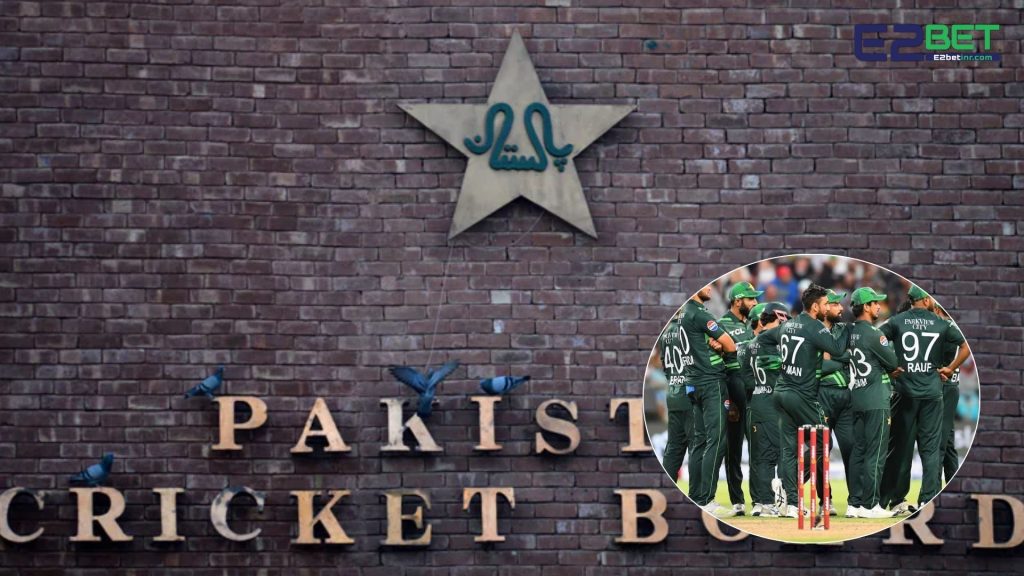Pakistan Cricket Board has taken new steps to prevent corruption and match fixing, under which strict rules have been made, which will apply to both domestic and international players. Following the rules of ICC, PCB will now follow zero tolerance policy against corruption by adopting the Global Anti-Corruption Code. Let us tell you that, PCB’s aim is to eliminate corruption in cricket and maintain transparency in the game.
PCB in action mode to stop corruption

Under the Global Anti-Corruption Code, now players found guilty in the investigation of match fixing or spot fixing will be given severe punishment ranging from 5 years to life ban. If a player bets on cricket, he can be banned for 1-5 years.
Cases like sharing internal information of the team can also lead to a ban of 1 to 5 years. A punishment of 2 to 5 years has been fixed for lying, destroying evidence or refusing to cooperate during the investigation.
At the same time, players who do not report corruption can also be banned for 2 to 5 years. Players who commit the crime for the first time and cooperate in the investigation may get a light punishment, but repeat offenders will have to face the harshest punishment. Apart from this, it will be mandatory for the players to participate in the anti-corruption education program, and they will be banned if they do not do the program.
This step is part of the PCB’s initiatives, which have been taken in the last few years to root out corruption. Let us tell you that the PCB has now strengthened internal security and monitoring, so that players can be protected from corruption and a clean environment can be ensured in cricket tournaments.
This new law will help Pakistan cricket improve its corrupt image and maintain the fairness of the game, which is important for both players, stakeholders and fans.
FAQ
What has the PCB announced regarding match fixing?
The Pakistan Cricket Board (PCB) has implemented stricter rules to punish players found guilty of match fixing.
What kind of punishment can players face?
Players found guilty may face severe penalties, including long-term bans, fines, and potential criminal proceedings depending on the severity of the offense.
Why did PCB introduce these new rules?
The rules aim to strengthen anti-corruption measures, maintain the integrity of cricket, and deter players from engaging in unethical activities.
Who will enforce these rules?
The PCB’s Anti-Corruption Unit, along with the relevant disciplinary committees, will investigate allegations and enforce punishments for match fixing violations.
Does this apply to domestic and international players?
Yes, the rules cover all Pakistani cricketers, whether playing in domestic leagues or representing the national team internationally.



